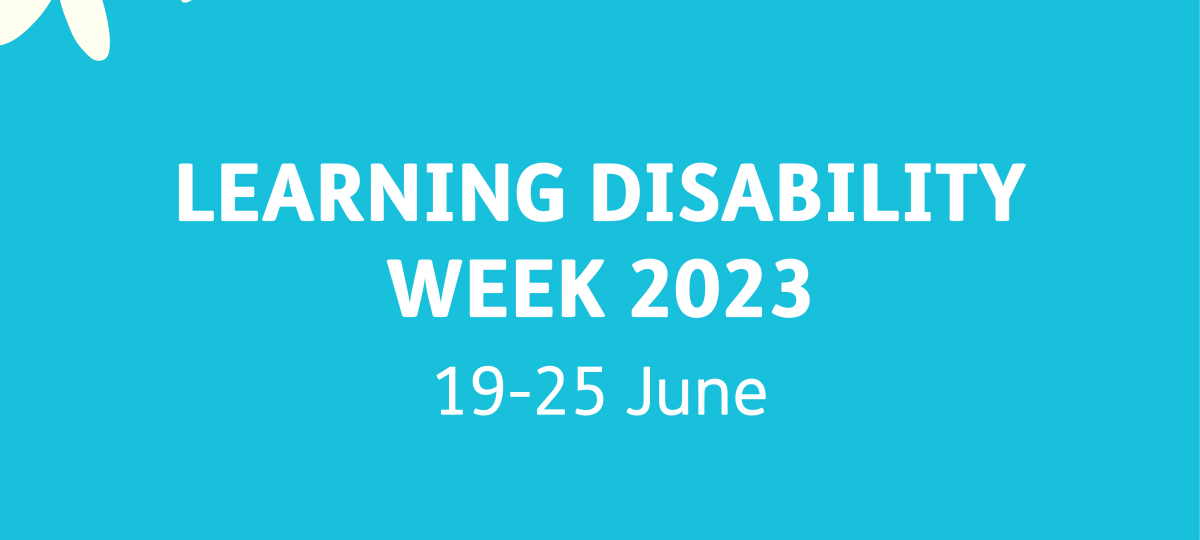In our society, misconceptions and stereotypes often cloud our understanding of individuals with learning disabilities. These individuals possess unique strengths, talents, capabilities and always have something to contribute to their community, yet their true potential is frequently underestimated due to false perceptions.
Options’ mission is to “Support, Empower and Enable people with disabilities to live their lives to the full” so it’s essential to shed light on the misconceptions surrounding learning disabilities and explore the profound impact they have on both the individuals themselves and society at large.
People’s views of those with learning disabilities are often based on preconceived or inherited notions, made worse by their limited knowledge and amount of exposure or familiarity. Society tends to label individuals with learning disabilities as “less capable”, “intellectually challenged”, or worse! Labelling like this, contributes to the negative perception that people with disabilities are somehow inferior to their so called “normal” counterparts. We must recognise that intelligence comes in lots of different forms and can’t just be measured by traditional academic achievements.
Neurodiversity is essential.
Neurodiversity is a concept that emphasizes the natural variation of the human brain and challenges the idea of a single “normal” or “ideal” way of thinking. People with learning disabilities represent a vital part of our neurodiverse spectrum, contributing unique perspectives and abilities to our communities. By embracing neurodiversity, we can create a more inclusive society that appreciates the value and potential of everyone involved.
One of the most significant misconceptions surrounding learning disabilities is the assumption that individuals with these conditions lack talent or ability. However, this perception fails to recognise the hidden strengths that often accompany learning disabilities. Many individuals with learning disabilities exhibit exceptional creativity, problem-solving skills, empathy, and resilience. By acknowledging and nurturing these strengths, we can empower individuals to thrive in different environments, such as arts, entrepreneurship, and innovation.
Learning disabilities present unique challenges, but they should not define a person’s potential for success. Many people with learning disabilities have achieved remarkable accomplishments in various fields. Famous figures such as Coronation Street actor Liam Bairstow, CBeebies presenter George Webster and American Academic Temple Grandin amongst others have all demonstrated that learning disabilities do not limit the ability to make a significant contribution to society. By focusing on strengths, fostering an inclusive environment and crucially, providing real and effective support, individuals with learning disabilities can overcome obstacles and reach their full potential.
Breaking Down Stigmas.
The stigmas surrounding people with learning disabilities can lead to exclusion, isolation, and a lack of opportunities. By challenging these stigmas where we see them, we can create an environment where individuals with learning disabilities can thrive. Through education, awareness campaigns, and advocating for equal rights and opportunities for all individuals, regardless of their cognitive differences people with learning disabilities can be included.
It is high time we dispel the false perceptions surrounding individuals with learning disabilities. By recognizing their strengths, difference in neurodiversity, challenging stigmas, and providing the very best person-centred support, we can unlock people’s incredible potential and ensure that everyone has equal opportunities to succeed.
Let’s celebrate the unique abilities of individuals with learning disabilities and build a world where everyone can thrive, regardless of their cognitive differences.


Want to report an error?
Although every care is taken to ensure accuracy, we realise that from time-to-time errors can occur.
To make a report please contact us at Welcome@ofsl.org.uk